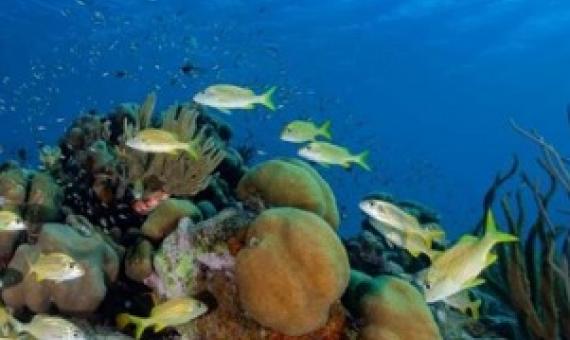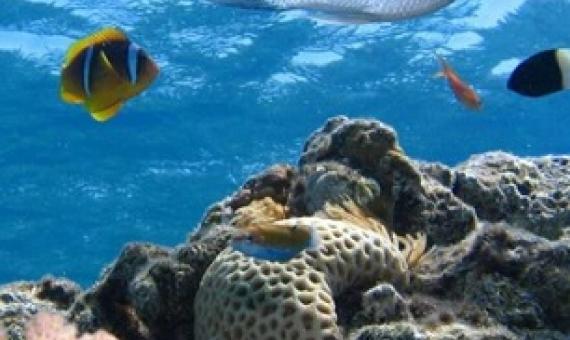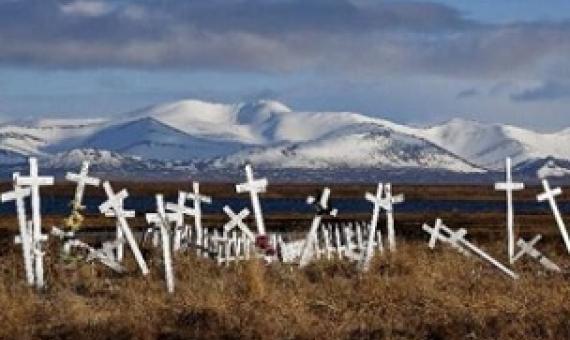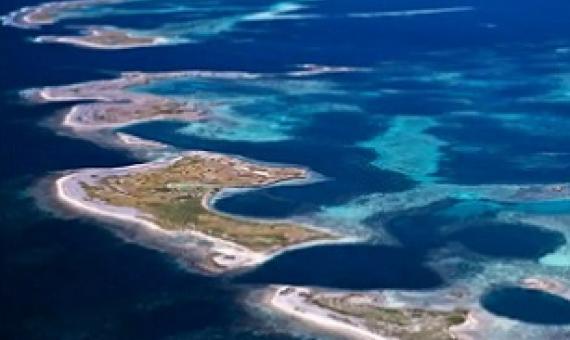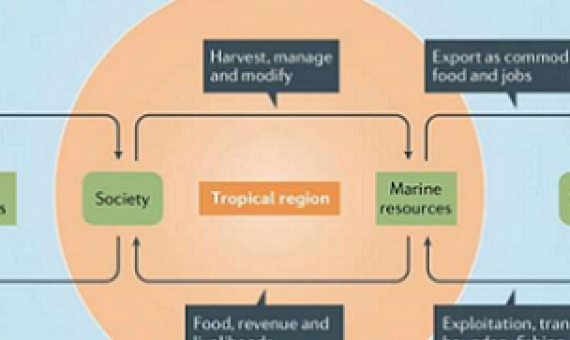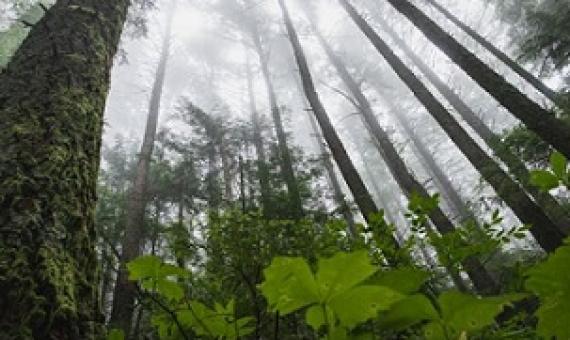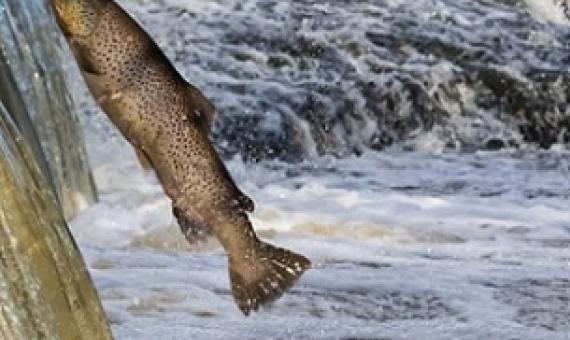A UBC Okanagan researcher has developed a way to predict the future health of the planet's coral reefs.
More than 50% of the world's oceans could already be affected by climate change, with this figure rising as high as 80% over the coming decades, a new study has shown.
Excessive nutrients, such as nitrogen and phosphorus, have devastating effects on coastal marine ecosystems by causing algal blooms that deplete oxygen in the water, killing marine life. Such nutrients can enter the sea in wastewater or run-off from agricultural land.
Long-dormant viruses brought back to life; the resurgence of deadly and disfiguring smallpox; a dengue or zika "season" in Europe.
Heating of the world’s oceans could radically reorganise marine food webs across the globe causing the numbers of some species to collapse while promoting the growth of algae, new research has warned...In the research, published in the journal Science, researchers at the University of A
Kiribati is going under. The tiny nation in the Pacific Ocean is comprised of low-lying islands and atolls — circular land masses with water in the middle — no more than two metres above sea level. It's under threat by rising sea levels caused by climate change.
The oceans play an important role in regulating our climate and its change by absorbing heat and carbon.
Tropical oceans and fisheries are threatened by climate change, generating impacts that will affect the sustainable development of both local economies and communities, and regions outside the tropics through 'telecoupling' of human-natural systems, such as seafood trade and distant-water fishing
Forests are thought to be crucial in the fight against climate change—and with good reason.
A new report finds that migratory freshwater fish species have declined on a global scale by 76% since 1970, with the highest drops experienced in Europe.

